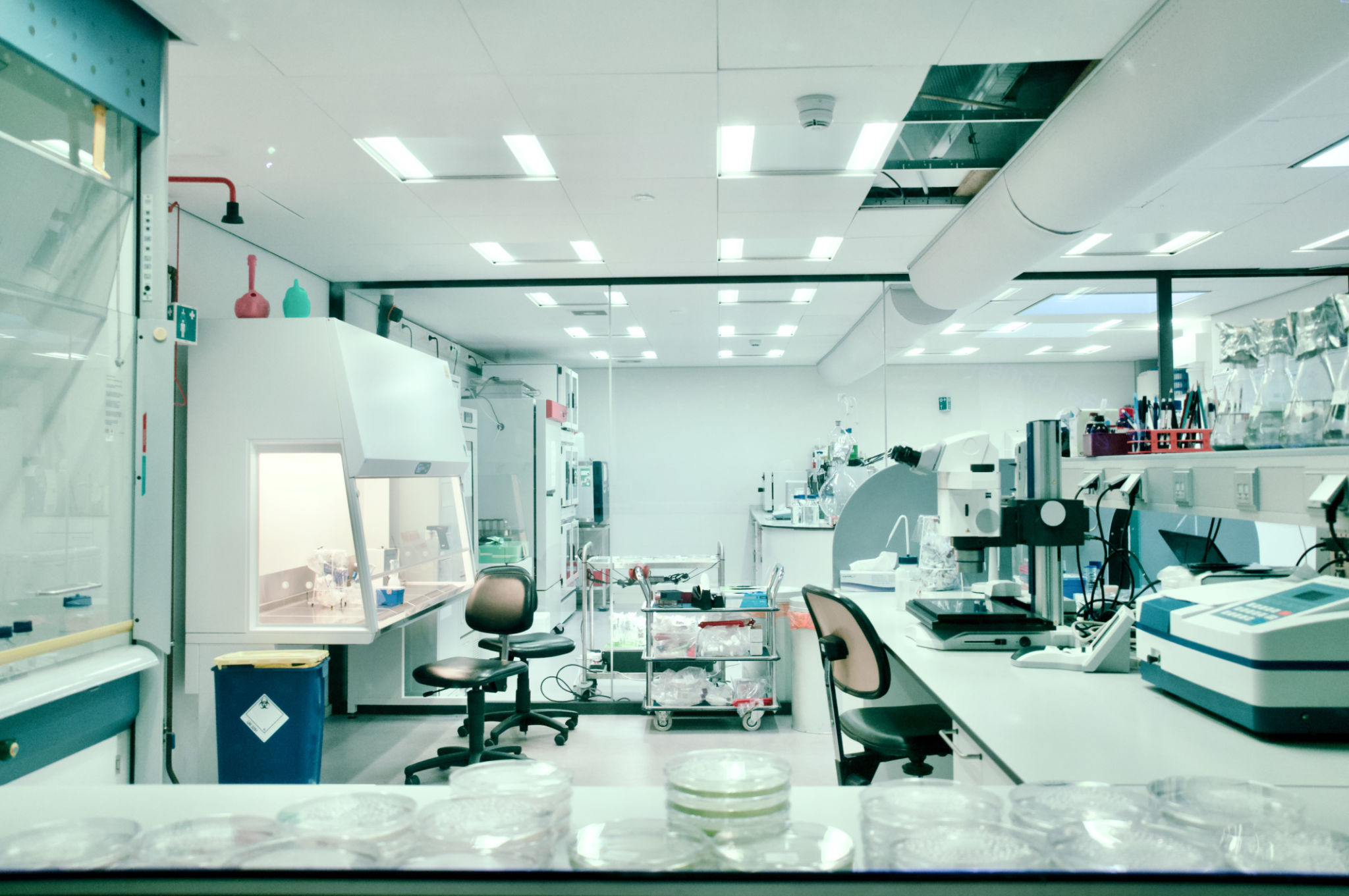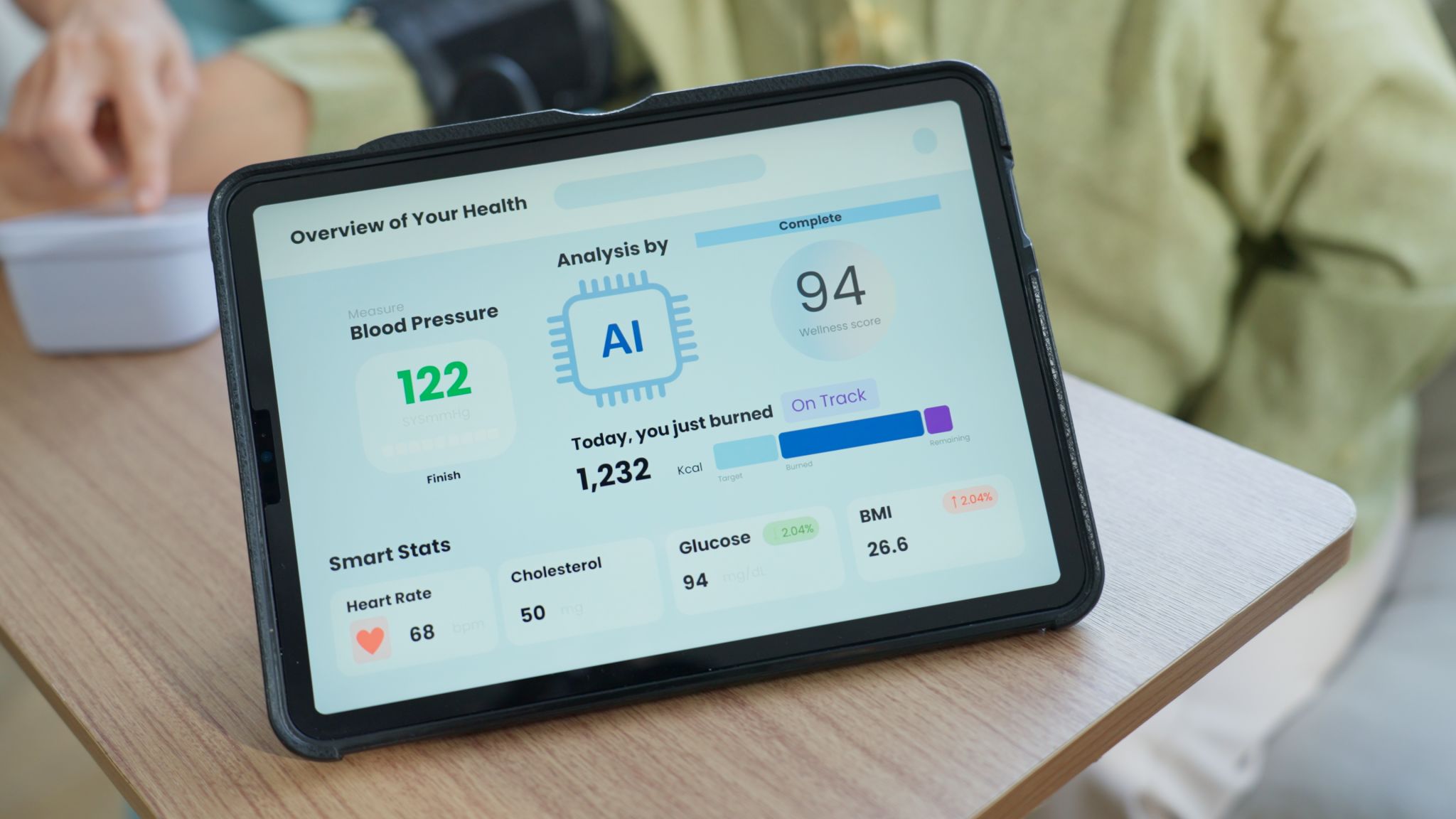The Role of Bioinformatics in Modern Health Solutions
Understanding Bioinformatics
In the rapidly evolving landscape of healthcare, bioinformatics plays a pivotal role in transforming how we understand and treat diseases. By combining biology, computer science, and information technology, bioinformatics allows researchers and healthcare professionals to analyze vast amounts of biological data. This analysis leads to more precise and personalized medicine, ultimately improving patient outcomes.
Bioinformatics involves the use of software tools and algorithms to make sense of complex biological data. These tools help in understanding the genetic basis of diseases, identifying new drug targets, and predicting how patients might respond to specific treatments. As a result, bioinformatics is crucial in the development of modern health solutions.

Applications in Genomics
Genomics is one of the primary areas where bioinformatics has made significant contributions. By sequencing and analyzing genomes, scientists can uncover genetic variations that may contribute to disease. This information is critical in developing targeted therapies and preventive strategies.
For instance, bioinformatics tools are used to identify biomarkers that can predict a patient's response to a particular treatment. This approach not only enhances treatment efficacy but also reduces the risk of adverse effects. The insights gained from genomic data can lead to innovations in cancer therapy, rare disease treatment, and infectious disease management.
Drug Discovery and Development
The process of drug discovery is both time-consuming and costly. Bioinformatics streamlines this process by providing insights into molecular interactions, which can hasten the identification of potential drug candidates. By simulating how drugs interact with biological targets, researchers can identify promising compounds more efficiently.

Moreover, bioinformatics enables the repurposing of existing drugs for new therapeutic uses. By analyzing existing data on drug interactions and effects, scientists can find new applications for drugs that are already approved, potentially reducing development time and costs.
Personalized Medicine
Personalized medicine represents a paradigm shift in healthcare, moving away from the one-size-fits-all approach. Bioinformatics is at the forefront of this shift, providing the tools necessary to tailor treatments to individual genetic profiles. This customization leads to more effective treatments and improved patient outcomes.
For example, bioinformatics can help determine which patients are likely to benefit from specific cancer therapies based on their genetic makeup. This not only improves survival rates but also minimizes unnecessary treatments for patients unlikely to respond.

Challenges and Future Prospects
Despite its many advantages, bioinformatics faces several challenges. One major issue is the integration and analysis of vast amounts of data from diverse sources. Ensuring data quality, privacy, and ethical use are also significant concerns that need to be addressed as bioinformatics continues to evolve.
Looking ahead, the future of bioinformatics in healthcare is promising. Advances in artificial intelligence and machine learning are expected to further enhance data analysis capabilities, leading to even more precise health solutions. As technologies continue to develop, bioinformatics will undoubtedly play an increasingly vital role in shaping the future of medicine.
